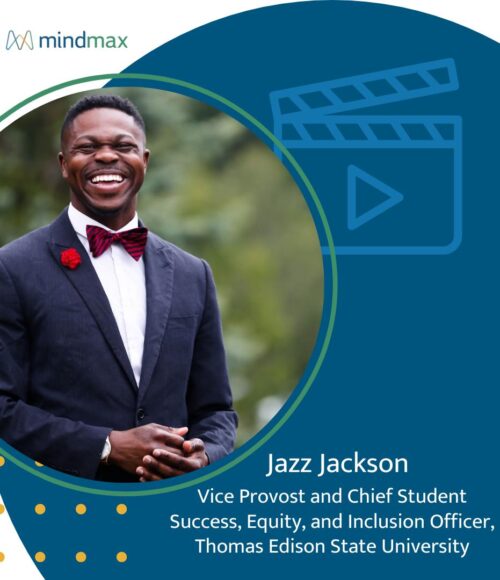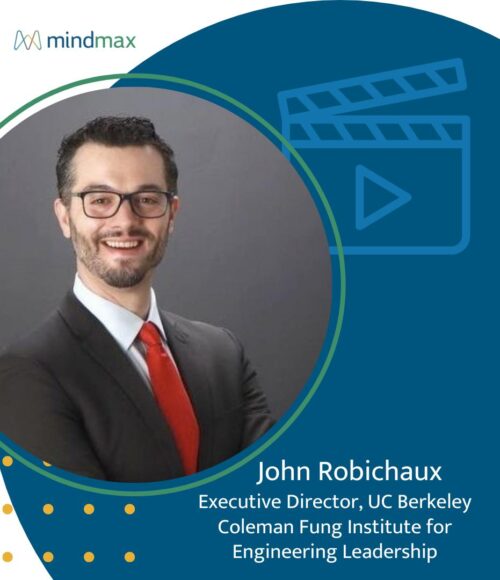New Educational Paradigms Start with “I Don’t Know”
New Educational Paradigms Start with “I Don’t Know”
“I don’t know.” The starting point for all significant learning. To be able to accept a new thought or a new paradigm, I have found that I must be willing to give up a previously held belief or be open to a place of not knowing.
On retreat one time, I was reading the book “The Cloud of Unknowing” to help me with my musings that week. In the midst of one cool autumn night, I walked into an actual cloud in the pitch black of night. All at once, I felt afraid, curious, an incredible heightening of all my senses, alert, eager, inspired, anxious, and full of wonder. I was moving from the “not knowing” into a state of preparedness, just like we do when engaged in meaningful learning.
Avoiding the Abyss and Stepping into New Paradigms
Sometimes when I am in the “I don’t know” state of mind, I feel like there is an impending abyss that I must avoid at all costs. In these times, it helps to have companionship to support me through the difficult learning curve. Giving up is always a fallback. Giving up to the safe and secure known paradigms of what has worked in the past.
I believe we are currently in a significant state of “not knowing” when it comes to education. From new technologies to brain science, to nutrition and socioeconomic factors, to genetics, to macro-environmental influences, we don’t know a lot. And that is a wonderful thing.
“I don’t know” can be a good thing. What if, for example, Sal Kahn’s cousin had never had a problem with math and never asked him for help? Would Khan Academy ever exist? Here are just a few examples of paradigm busters in the learning space that are beginning to seep into the mainstream:
- MOOC-Style Learning – There are now so many varieties of open courseware, from high-school AP offerings to corporate learning, that the model is no longer shocking. The concept is constantly being refined and improved.
- Online Learning – Once the sole province of corporate learning, online offerings are available starting in elementary school and are used for a variety of purposes, from supplemental learning or enrichment to diploma-granting schools.
- Maker Learning – Art and crafts meet STEM as more and more programs are devoted to kids building real-world skills through truly hands-on learning experiences.
- Coding Academies and Bootcamps – The proliferation of free and fee-based schools where anyone from career changers to employees seeking to upskill, these academies are part of the current challenge to existing models of education.
One Size Never Really Fits All
As a parent of three children who all learn so differently, I shudder at the one-size-fits-all solutions. As a teacher who connected with many students over the years, I found my best learning connections happened when I started with a stance of not knowing first and then discovered together how they learned best.
A recent article in Forbes actually discussed the benefits of not knowing and being able to say “I don’t know.”
Cultures suffer when leaders lack the courage to say I don’t know. Dubner and Levitt posit that if you have to be the expert and have the answer then you foster a culture that’s afraid to experiment. Without experimentation, there’s no innovation or risk. Further, being able to admit what you don’t know has been shown to increase trust. Just consider your own experience. If someone is selling you hard with an answer for everything, it shuts you down. If they can admit what they aren’t sure about, it’s an opening to a real conversation.
It is my hope that our schools, from kindergarten through graduate school, can spend some meaningful time in the place of not knowing so that we can truly wonder about new and different possibilities for education in the future. With openness and supportive collaboration, we can “not know” and then learn together.
Related Ideas
Jazz Jackson Wants to Help Every Student Finish What They Start

John Robichaux Wants Lifelong Learning to Drive Public Impact
